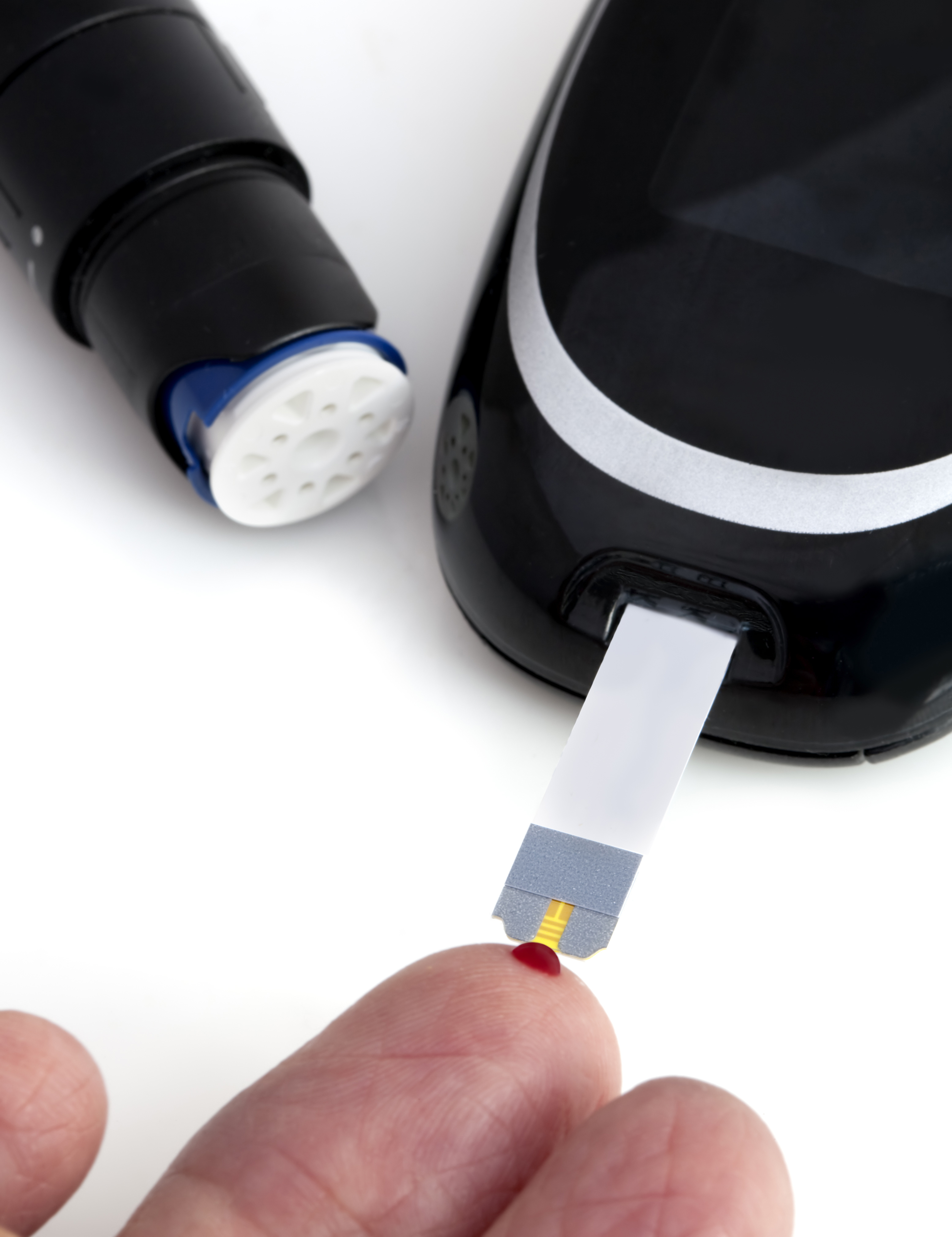At a Glance
- Latent Autoimmune Diabetes in Adults (LADA) is frequently misdiagnosed as type 2 diabetes
- LADA patients will become insulin deficient over time
- Patients with LADA may have characteristics unlike those with type 2 diabetes, including a thin build and active lifestyle
- A timely LADA diagnosis will allow for more effective and comprehensive management of the disease
With the increasing incidence of type 2 diabetes, it is a diagnosis many providers now make frequently and confidently. Yet, there is another type of diabetes affecting adults that may be misclassified as type 2 or overlooked altogether. It is called Latent Autoimmune Diabetes in Adults, or LADA, and the number of initially noninsulin-requiring people with diabetes who have it may be as high as 10 percent, according to the International Diabetes Federation.
More closely related to type 1 diabetes, LADA (also known as diabetes 1.5) is an autoimmune disease that causes the gradual destruction of insulin-producing beta cells. Unlike type 2 diabetes, lifestyle changes and medication alone are not as effective over the long term for controlling blood glucose levels.
“Most of these patients will require insulin eventually,” says UVA Health System endocrinologist Jennifer Kirby, MD. “However, the rate at which a patient will require it is variable.”
“It can be confusing because sometimes it may be a 10- to 15-year course of decline until the patient eventually develops insulin deficiency,” adds UVA endocrinologist Margaret Crook, MD. “In contrast, someone younger with type 1 may develop insulin deficiency in just a year.”
Is It LADA?
While there is no confirmed profile for the typical LADA patient, there are some key indications that signal the need for further testing of a patient diagnosed with type 2 diabetes. These include:
- Lack of response to type 2 diabetes therapies, including medications like metformin
- Difficulty managing blood sugar
- Female, ages 40 to 70
- Thinner build
- Hypothyroidism
- B12 deficiency
- Personal history or family history of autoimmune disease
“This is a tricky diagnosis to make,” says Kirby. “The vast majority who have LADA were diagnosed with type 2 initially, but did not respond to oral medications.”
Kirby adds that often these patients will have different physical characteristics than your typical type 2 diabetic. They are frequently thinner in build and more physically active, but that’s not always the case. Some research has also shown that those of Scandinavian descent are more prone to LADA.
To confirm a LADA diagnosis, a blood test is necessary to determine whether antibodies are present that are attacking the beta cells and to measure levels of C-peptide, which is an indicator of the amount of insulin the body is producing.
“If you are concerned a patient may be type 1.5, it is reasonable to refer to an endocrinologist for diagnosis and initial management,” says Kirby. “This is a different beast than type 2; it’s more difficult to manage. At UVA, we have lots of resources available for these patients, from classes to one-on-one education with nutritionists and others.”
Benefits of Knowing
LADA patients make up a very small percentage of endocrinology practices, according to Crook. “I have around 10 to 20 of these patients currently,” she says.
Because LADA is rare, it is not a condition that may be top of mind for many general practitioners. However, for those patients who are struggling to maintain blood glucose levels, an accurate LADA diagnosis can provide clarity and a more effective and comprehensive approach to treatment. This includes initiating insulin therapy and actively monitoring for those conditions more common among type 1 diabetics, such as autoimmune thyroid disease and celiac disease.
If you suspect your patient may have LADA, refer to a UVA endocrinology specialist today for further evaluation. Call 800.552.3723.
